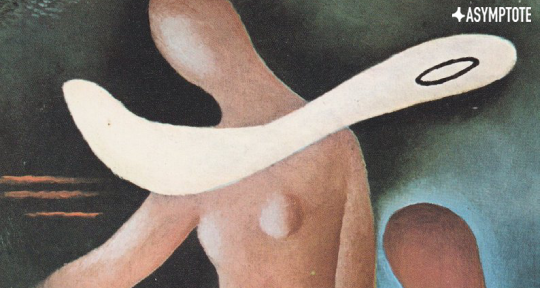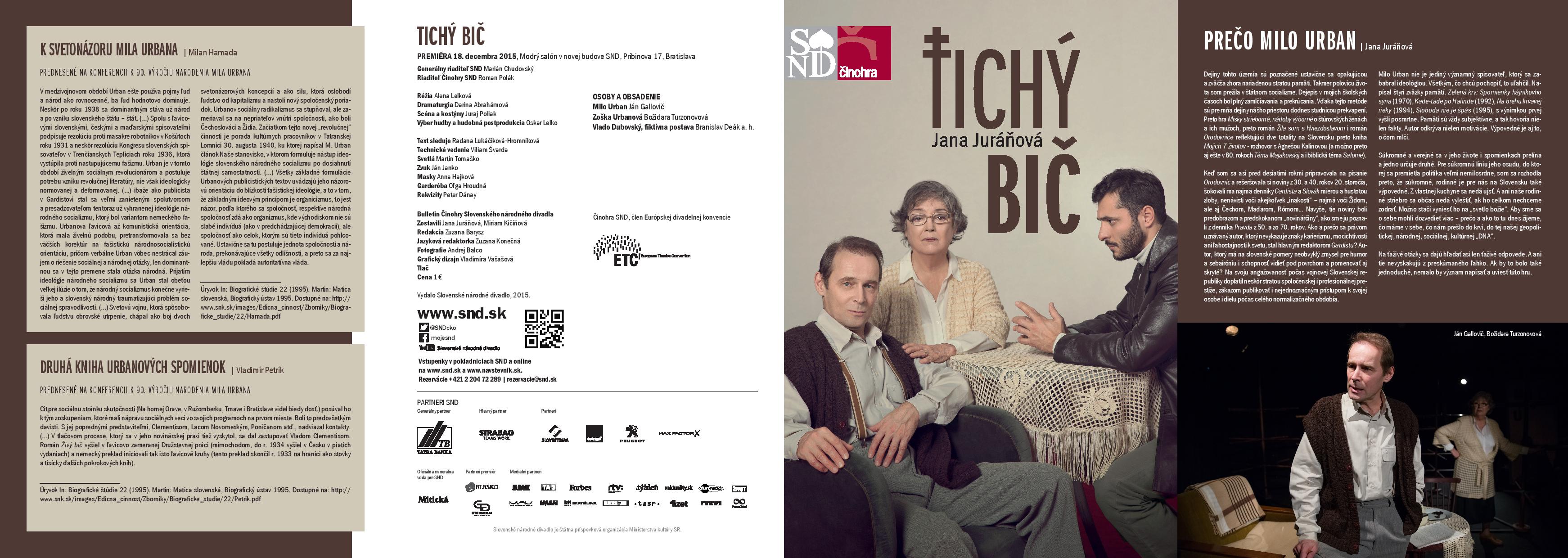Image credit: Mikuláš Galanda
In an exclusive for Asymptote, Slovak writer Jana Juráňová reports on last month’s groundbreaking presidential election in her country.
It took just two weeks since Zuzana Čaputová was elected Slovakia’s first woman president for the press to stop talking about this astonishing event and pivot to other domestic issues. As our media are preoccupied with things like the malfunctioning ruling coalition, which insists on clinging to power come what may, the population has slowly reconciled itself to the fact that this gang will continue lining their own pockets and haemorrhaging Slovakia’s economy, even if it bankrupts the country. Robert Fico, the former Prime Minister and chairman of SMER-Social Democracy—the senior partner in the coalition government whose links with real social democracy are actually rather tenuous—keeps promising new “social packages,” like some freshly crowned fairy tale king tossing gold coins from a carriage, making economists shudder at the thought of how much all these “free” handouts will cost. A lot of coverage has also focused on the creation of a new party, announced by outgoing President Andrej Kiska after extensively agonising over whether to stay in politics or not. While he kept the public guessing with vague statements, two smaller parties emerged, including Progressive Slovakia, which nominated its deputy chairperson Zuzana Čaputová as its candidate in the presidential election (she resigned from her previous position after accepting the nomination). At that point, the party’s ratings were quite low and she was a relatively unknown environmental activist and lawyer. Despite losing ground, SMER-SD remains the strongest party in parliament, polling 20% support, a figure all the more remarkable in the wake of the murder of investigative journalist Ján Kuciak and his fiancée a little over a year ago, and given the endless supply of scandals involving the party’s top officials. In this set-up, Kiska’s new party is likely to attract the mainstream electorate, currently composed of reluctant voters and non-voters. No wonder that passions are running high within the panicking coalition following the news of the President’s new party, as well as among opposition parties worried that the newcomer will take away their votes. Amidst this turmoil, the fact that the first woman president in Slovak history will take office almost 100 years since the day women’s suffrage was won in postwar Czechoslovakia in 1920 seems to have slipped people’s minds.
We have been plagued with so many problems that we regularly forget the most pressing of them. That the greatest scandal of recent years—the murder of Ján Kuciak—has not been forgotten is only thanks to the huge effort on the part of journalists who have managed to publish a steady trickle of news on the criminal investigation, as well as the young activists behind a new movement, For a Decent Slovakia. Other burning issues have been rapidly cooling off, as Slovakia returns to the state of the proverbial frog that didn’t manage to leap out of the boiling kettle in time and is slowly getting used to living at boiling point without even realising it’s been cooked. READ MORE…


